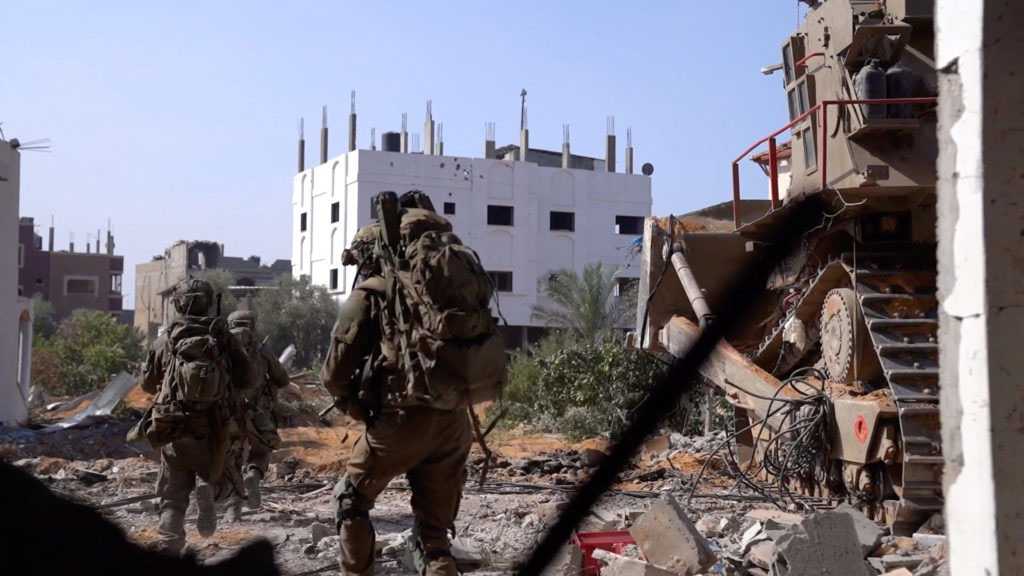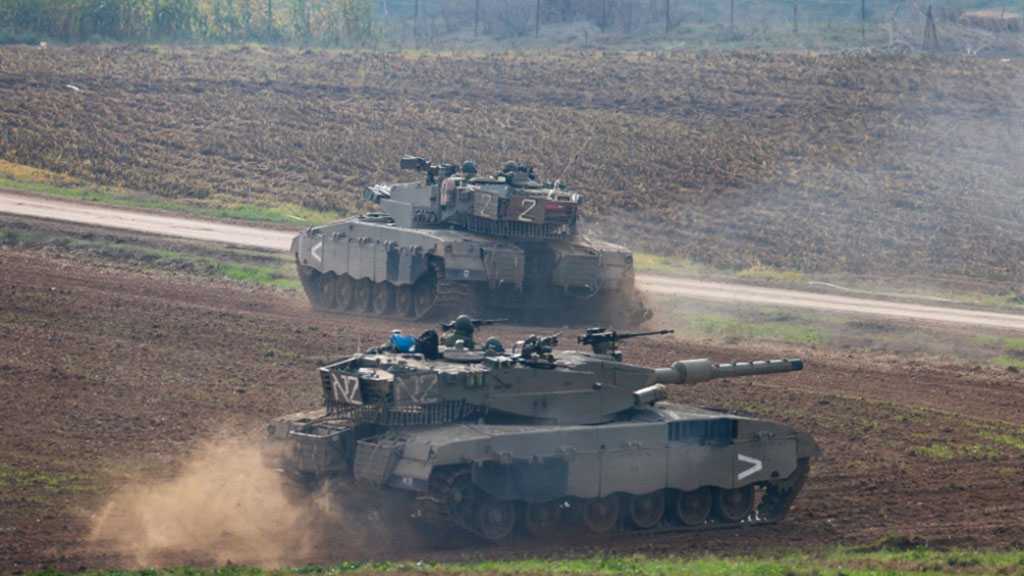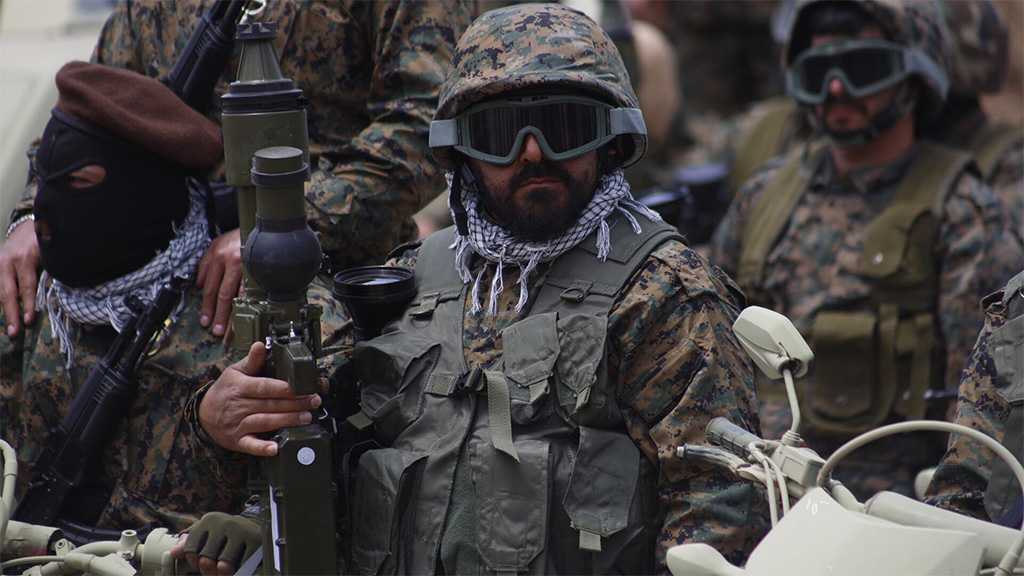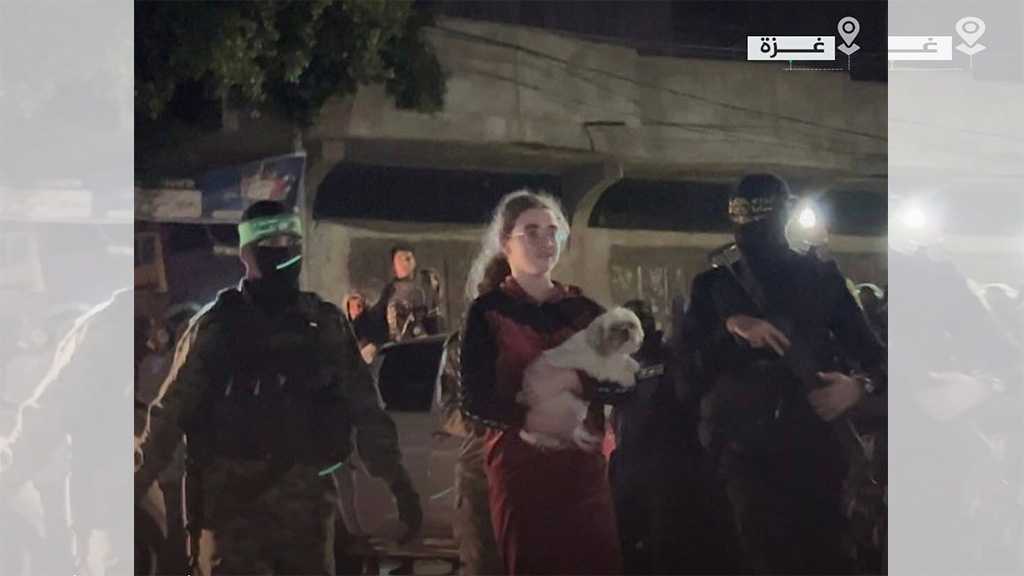
The Prince Changes Everything... However!
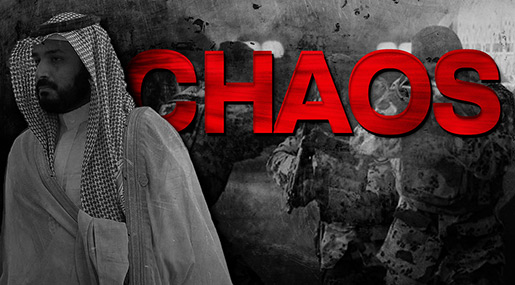
Fuad Ibrahim
An official Gulf figure has recently met the Saudi crown prince Mohammad bin Salman in two separate meetings: a public one and another private. During the public meeting, the prince was always smiling, showing very fine morals in front of his guests whom he intended to greet before they do, asking about them and about those belonging to them. On the contrary, the private meeting was marked by his grim, intense mood and sharp tongue. He didn't accept that anybody talks in his presence, or even interrupts or opposes him, because "he has the final say and his order shall be obeyed."
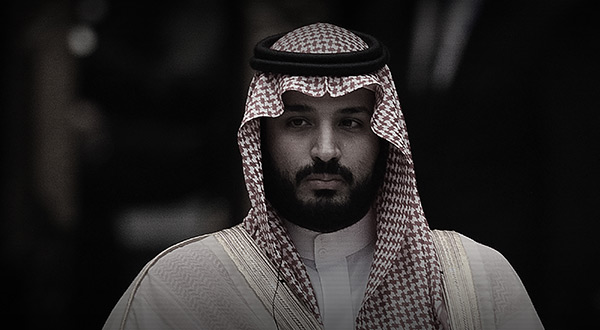
Technically, Mohammad bin Salman faces the most sensitive historical tasks which require special and exceptional specifications to move the society and the state at once from one situation to another. Regardless to the conditions that qualify him to perform his task successfully, the man with all the powers he gathered and the authorities he accumulated, set himself in the position of that who has the final command, and he who can change anything starting with the woman's legal status to reach the society's religion.
Anyhow, it is not right to isolate the bunch of liberal rituals with their social and cultural form from the "vision" that became the main concern of he who hocked the state's fate to that vision, which is in turn subject to him. It is uncommon to neutralize something by dealing with a matter like infringing the society as if it is the roar that would reform the society and the state...
And because every time has its sort of stupidity, as Nietzsche says, then our time will seemingly be full of stupid moments that will certainly include existential threats. Who have ever expected the rising of a person like Trump, Mohammad bin Salman with his extremely silly team, and Mohammad bin Zayed, in the worst process of kidnapping the wills of hundreds of millions of people?
The argument of values won't bear fruits anymore. Every time gets rid of the previous one. And what has been once considered a dirty Satanic work has turned today, as time passes, something praised and perhaps essential content wise.
Meanwhile, guardians of the virtue shed heavy and warm tears for the state of Sharia going off the track. The Mufti Sheikh Abdul Aziz Al Sheikh's answer to the decision of entering cinemas to the "country of the two holy shrines" was horrible, in which he recalled the stereotypical view of the cinema as a tool of moral and cultural corruption. In its core, the cinema and similar phenomena represent the tools to breach the fortress of the religious authority that used to be strong in the past. At the end, such a change would gradually result in the elimination of the religious institution's power. There is a religious explanation used by those who are depressed, and it is mentioned in the holy Quran: "And when we intend to destroy a city, we command its affluent but they defiantly disobey therein; so the word comes into effect upon it, and we destroy it with [complete] destruction." The ideological confrontation is not limited with the issues of the youth and women in which the crown prince is investing to make quick gains within the struggle on power, and perhaps he also aims at settling things quickly before the time he will be officially the king. It however reflects the tension of identities between the culturally conflicting parties, which is clearly seen in the race to redistribute the centers of authority. There is no doubt that the religious party, the official one indeed, is struggling to keep the possible limit, or the least of an authority that is being eaten in front of their eyes due to the wave of social and cultural changes the crown prince is leading with an ultimate power. There is no doubt also that the opposing parties will double their struggling influence to compensate what they had previously lost and fix an authoritative map in which they would be an effective partner, filling any gap the religious institute may lose.
In this respect, member of Saudi Shura Council Samia Bukhari demanded on December 12 to remove certain Fatwas [rules] from the kingdom's main authority tasked with issuing religious rules "The Ifta'a Permanent Committee" and cancel the previous Fatwas on the basis of the expired date. She further said: "It is known that those rules are based on the doctrine and the habit, and they change as time and place change." She asked the Mufti to "revise a lot of issues in light of the latest developments and the religious rules, the intentions of the Sharia law, and the changing doctrines..." In other words, Bukhari was calling for producing modern Fatwas that keep up with the effects of "the vision" on the ground. Another Shura member, Fatima al-Qarni, demanded breaking the male monopoly of issuing religious rules and letting women participate in the process.
The winged changes marked "the vision", in which it became silly to view it from one side. We are in front of a very suspicious scene that is dominated by an invisible voracity, and purports very unreal things. What we think is a social and cultural openness is oppositely reflected in politics, just like some past economic and social oriented changes since the beginning of the update program in the early 1970s, political exits have always been sterile.
Only one evidence is capable of making the view closer. In parallel with the loud celebration of the cultural, social and artistic openness led by the "entertainment authority", and breaking the social and ideological restrictions imposed on the freedom of women and youths, there is a regressive tendency that was uncovered by the "law of terrorism crimes and financing" on October 1st, 2017, exactly three days before the purge against corruption. The law, which replaced that of 2014, didn't receive much attention despite putting several lives in danger. The new law allows making new strict laws [that include the death penalty] against any person who is charged with any form of supporting or funding terror activities. The most dangerous in this law is the implicit including of the freedom of expression under the group of terrorist activities. This means that a person may stay in prison between five and ten years for describing the king or the crown prince "with any description that doubts religion or justice," whether directly or indirectly. It also includes a big group of peaceful activities that have nothing to do with terrorism. As a result, the law establishes for a dark era where the state will find a legal margin to oppress the opposition and kill it before it is born.
On the other hand, the law is listed under the decreased authorities of the interior ministry ever since exempting its strong man Mohammad bin Nayef last June, and moving it to the Public Prosecution and the "Presidency of the State's Security", which were recently formed and are directly related to the King.
The map of bin Salman's changes is not local at all. It has certain extensions abroad. He wants to "engineer" the Saudi Kingdom's orbital role regionally and all over the world. The results are not important; the important is the "initiative" no matter what are the costs. In bin Salman's initiatives, there's no place for an "exit strategy". The wars he launches, whether military or diplomatic, are designed with respect to the Gulf proverb "O'wayshah, you know nothing about her, nor about the bag." O'wayshah is a name of a woman, the mentioned bag is the one that is used to be filled with rice or barley. The proverb refers to stupidity, in which the stupid person doesn't know he is stupid or not. And the proverb is used in reference to ignorance and carelessness. As we skim bin Salman's adventures we can be clear that: the three-year old war on Yemen without any horizon but killing, destruction, blockade, diseases and famine, and the crisis with Qatar which bin Salman and his Gulf and American allies thought it would be quickly decided, rather creating unprecedented Gulf divisions, resulting in opposite outcome in which Qatar aligned next to Iran and Turkey, and planted its own mines in the field of diplomatic ties between Saudi Arabia and its neighbors, and even abroad, in addition to the chapter of Lebanese Prime Minister Saad Hariri's shocking resignation for allies and friends, pushing them to reassess their ties with Riyadh under the current crown prince. At last but not least, the flagrant submission to the US stance declaring al-Quds the eternal capital of the 'Israeli' entity, which was reflected in popular outrage in different Arab countries.
In fact, we're in front of two opposite scenes: locally, bin Salman's image is being popularized as the defender of women and youth and the terminator of the corrupted figures. On the contrary, there is an opposite image that was popularized by American and European newspapers as the US administration also faces different tendencies: the White House on the one hand and the Central Intelligence Agency and the Foreign Secretary on the other hand. The news reporting Mohammad bin Salman's buying the "DaVinci" painting for $453 million then the Louis the 14th Palace near Paris published by the New York Times wasn't a "scoop" journalistic wise, but an exposition of the administration's problems with the other apparatuses.
Faisal bin Farhan, the Saudi embassy's senior adviser in Washington, tweeted on December 16 criticizing the NYT's focus on the negative news about the kingdom and bin Salman. The Saudi ambassador to Washington, and bin Salman's brother, published an article in the paper, in which it apologized, saying that Thomas Friedman's piece was very positive, asking "Weren't you satisfied with Friedman's article?"
It doesn't seem that the advisor knows very well the nature of the image bin Salman has created for himself abroad, it was made of the adventures he went through domestically and abroad. The prince changes everything, but to the unknown.
Source: Al-Akhbar Newspaper, Translated by website team
